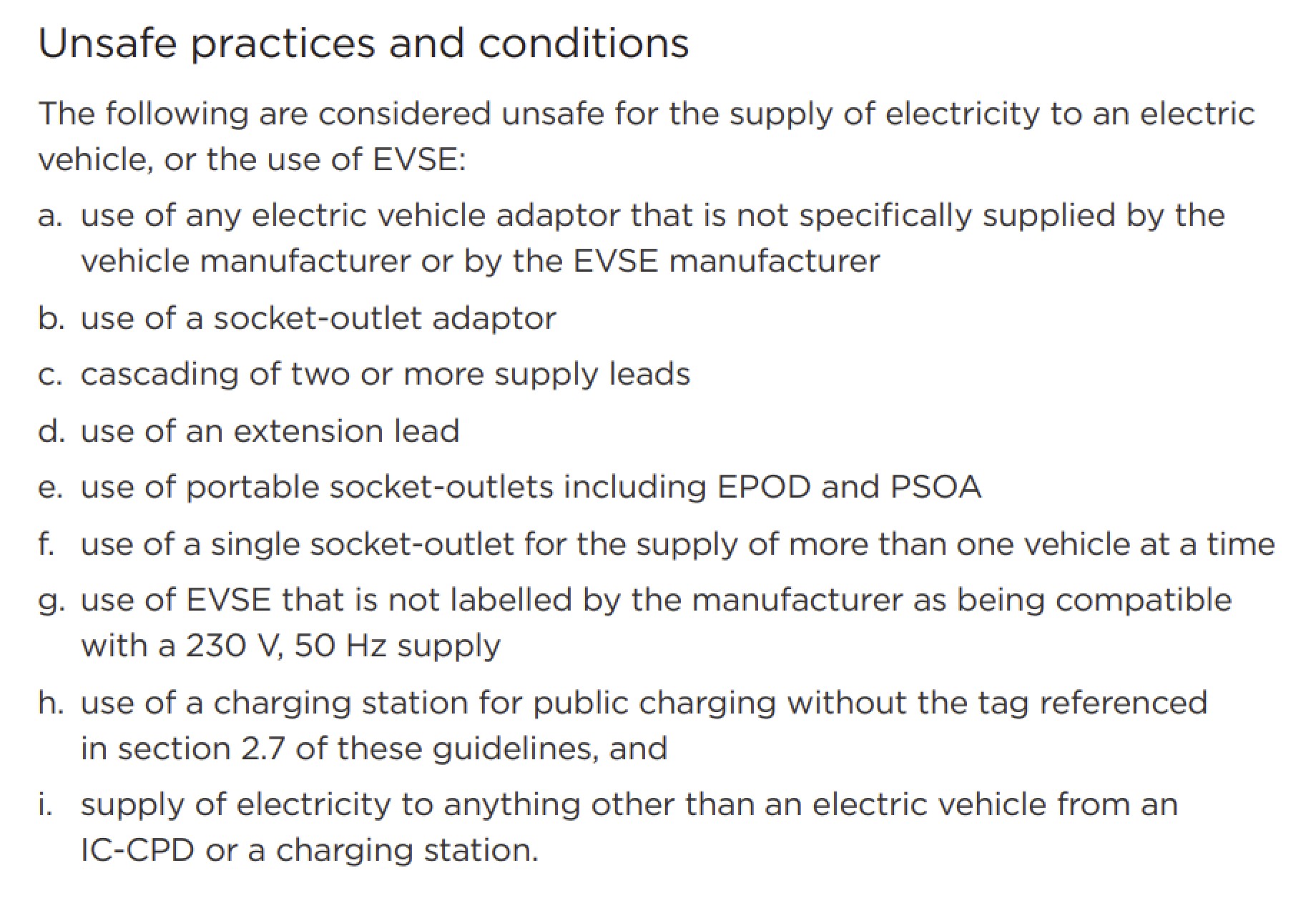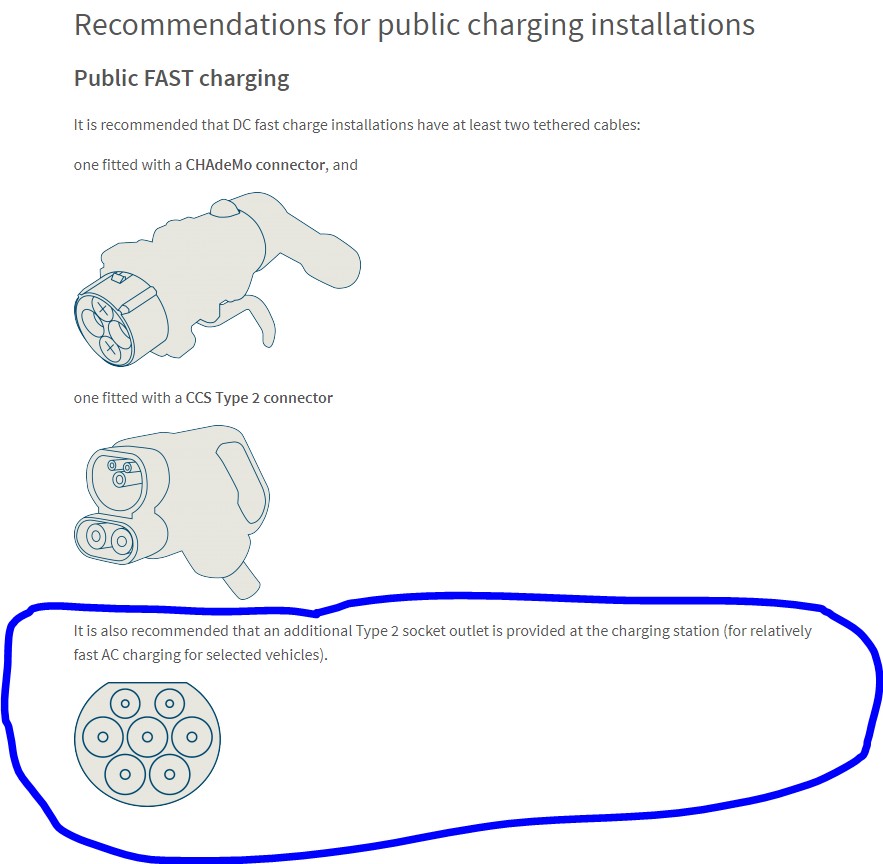Dingbatt:
rb99:
How much do you guys save on petrol again ?
https://www.thedrive.com/news/hertz-is-charging-tesla-model-3-renter-277-fee-for-gas-wont-back-down
Since it’s America, this looks perfect for a “No Win, No Fee” lawsuit.
True. Or maybe a class action thing, but guess even in the USA a class action with only one plaintiff would be a bit much...





